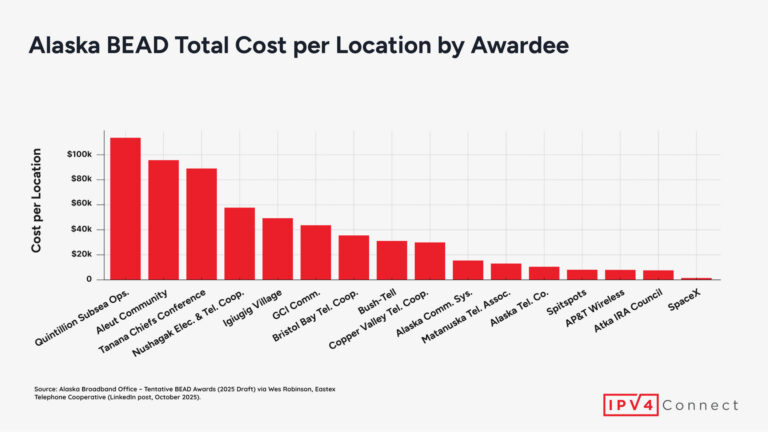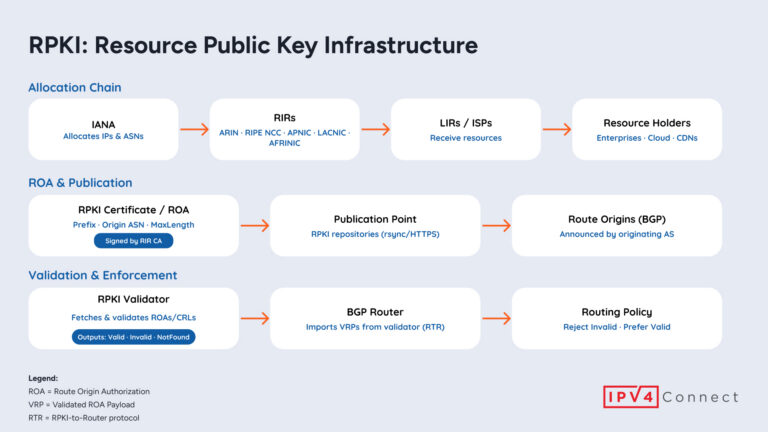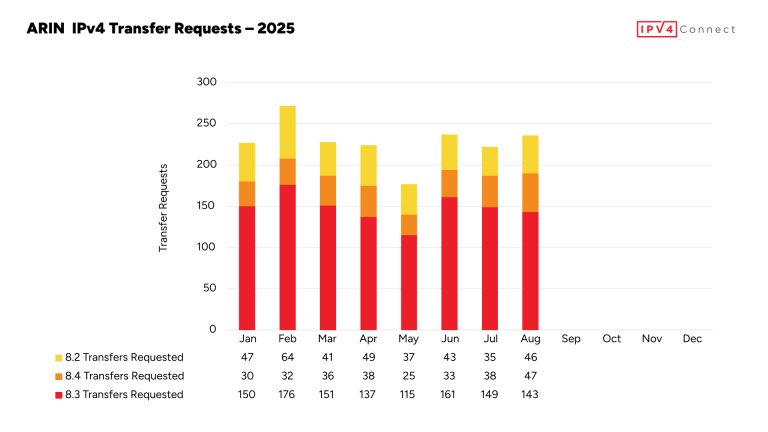Nebraska BEAD: How $405 Million Missed the Mark
Nebraska’s BEAD plan leaves over $350M unused and connects just 1,300 homes, placing last in fiber broadband progress in the Midwest.

Nebraska’s BEAD plan leaves over $350M unused and connects just 1,300 homes, placing last in fiber broadband progress in the Midwest.

A DNS failure inside AWS’s US-EAST-1 region disrupted global services, showing how dependent networks are on a few hyperscale data centers

ADECA submits Alabama’s final BEAD proposal to NTIA, covering to 101,000 broadband locations while saving over $800 million in deployment

Alaska’s BEAD broadband plan reveals per-location costs topping $113k. Analysts warn fiber-only strategies may fail federal cost tests

Nevada commits $327M to broadband projects, connecting 50,000 homes, businesses, and community sites with fiber, wireless, and satellite.

Connecticut’s $154M fiber build shows how Comcast, Verizon & Charter shape future IPv4 demand and broadband investment nationwide.

RPKI adds cryptographic trust to BGP, preventing hijacks and leaks. Learn how ROAs, validators, and routers keep routing secure.

The IPv4 market remains stable with strong demand and competitive pricing. BEAD funding in 2026 could drive the next wave of price increases.

New York launches $636M broadband expansion, funding fiber, wireless, and satellite projects to connect 54,000 homes under the BEAD program

Ohio awards Starlink $51.6M to deliver broadband to 31,000 homes. Satellite wins 41% of BEAD sites, the largest share in the state.
Email me when new IPv4 inventory matches my criteria.
Error: Block data unavailable.
You’ll now receive email alerts when new IPv4 inventory matches your preferences.
Are you absolutely sure you want to delete your account? This action cannot be undone.